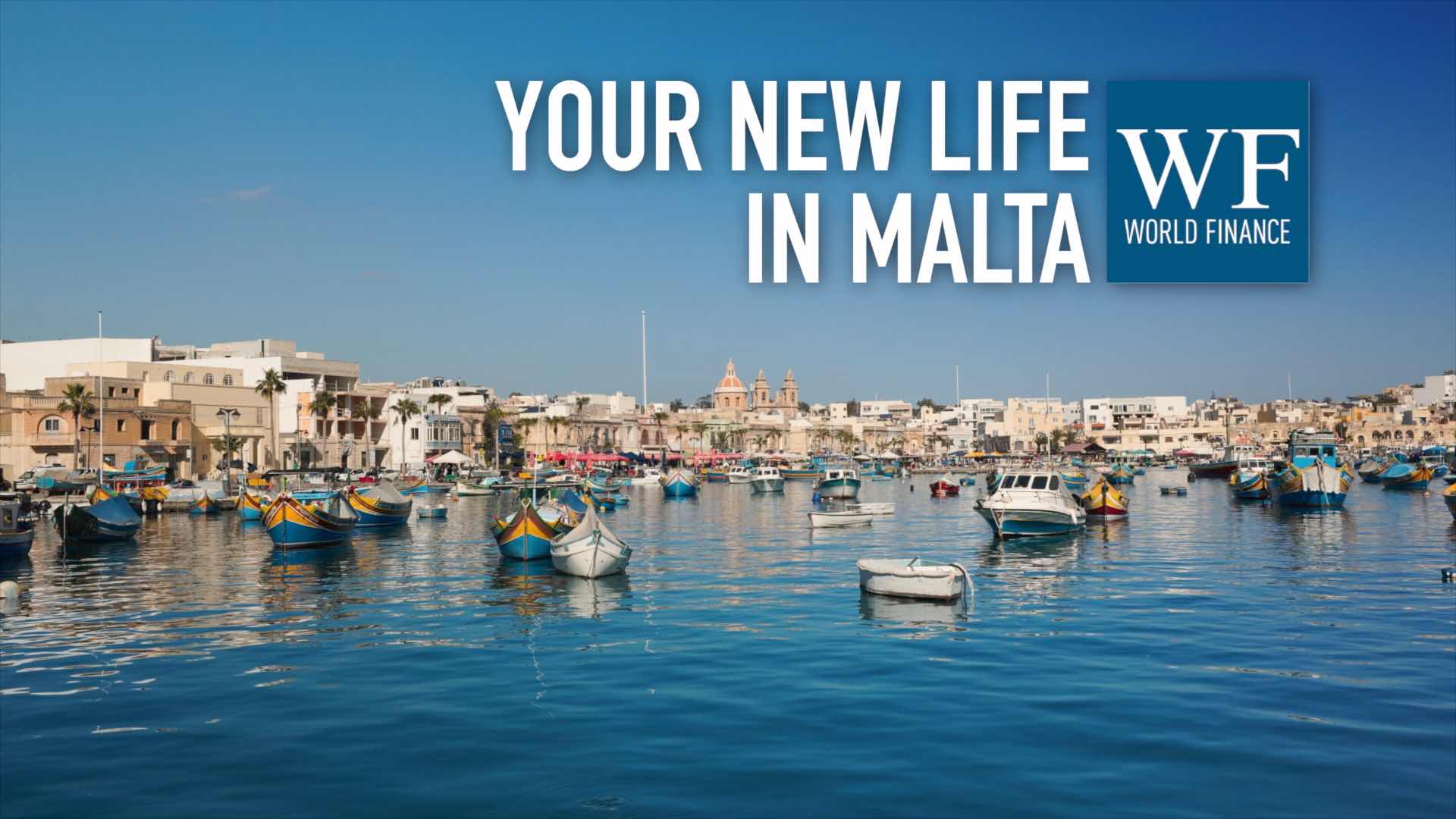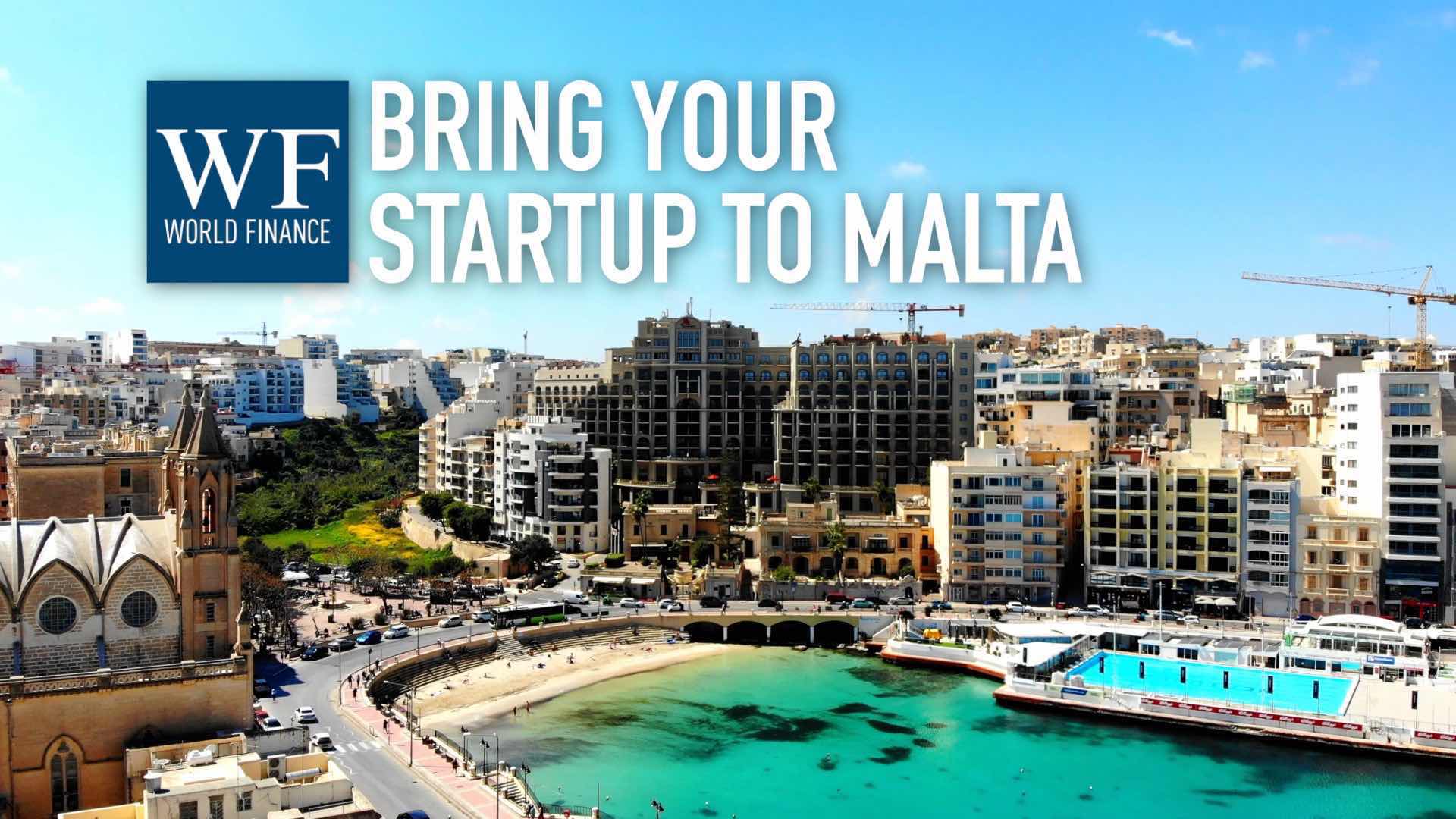Charles Borg on Malta | Bank of Valletta | Video
World Finance interviews Charles Borg, CEO of Bank of Valletta, on the Maltese economy and whether it will escape the trouble that affected Cyprus
Related:
Transcript
We have just seen the meltdown of the banking sector in Cyprus and many think that Malta might be next in line. Bank of Valletta‘s Charles Borg joins World Finance to discuss the challenges facing Malta’s economy.
World Finance: How has the Cypriot crisis affected Malta and Bank of Valletta?
The financial jurisdiction of Cyprus and Malta are both totally different, built on different foundations, and fundamentals
Charles Borg: The similarities between Malta and Cyprus reside only in terms of, we’re both islands in the Mediterranean, we’ve both under British colony for a long number of years, and the both of us have 10 months of sun out of 12. But the similarities stop over there. The financial jurisdiction of Cyprus and Malta are both totally different, built on different foundations, and fundamentals. Basically, Malta’s financial sector is strong, it’s robust, it’s liquid, and very well capitalised.
The core domestic banking in Malta is about 2.5 times GDP, as opposed to Cyprus which is 5 times GDP, and our core banking system, the core banks, obviously are profitable, the Maltese government’s debt GDP ratio is strong and stable, and therefore the similarities are not there. In fact, this was confirmed by a number of houses, such as Fitch, such as Bloomberg, such as the IMF very recently, confirming that the two jurisdictions are totally totally different.
World Finance: Malta has developed into an international financial hub, as Malta’s largest bank, how has Bank of Valletta contributed to safe-guarding financial stability on the island?
Charles Borg: I believe that financial stability resides on three core fundamentals. The first and very important fundamental is a very strong regulatory and supervisory regime, and Malta has a very strong regulatory regime, which is based on the EU legislation and the UK FSA legislation. The second and very important is that the banks and institutions need to be very well capitalised, and capitalisation of the banks is among the highest in Europe. In fact, when we speak of Bank of Valletta’s capitalisation, the European banking authority the EBA issued its report in April, stating that Bank of Valletta’s one of the highest capitalised banks in Europe.
And the third and very important, is the liquidity of the banks. In order to safe guard the day to day operation and the short term of operations. And financial stability resides on these three main core areas.
World Finance: Some observers have voiced concern at the bank’s in Malta and their perceived over-exposure in the property market, what’s your exposure at BOV?
Property is an asset that’s very important for Malta
Charles Borg: Property is an asset that’s very important for Malta. And this question is constantly asked to us and to our regulators, in fact, even the IMF visit that we had last week, this is an issue that they raised. And property has always been important, this is an integral part of a loan book. However, one has to understand the meaning of property.
We do invest, and we have let a lot of clients in the property market, however we have taken a conscious decision some years back to restrict ourselves to the top end of the property market. And this has continued to command the price, and there is still the demand for it. Our exposure to the property market has gone down significantly, and we are in the region of 8 percent at the moment, of all our loan books, so we have reduced our exposure significantly. In the area of construction, we have a 5 percent exposure, we have reduced this significantly, and this is primarily aimed towards the large EU funded projects. And basically, therefore, the risks are mitigated significantly in the area of construction and real asset.
World Finance: How do you see your bank’s role in shaping Malta’s economy, and by extension, what’s the future of Malta’s economy in the Euro zone, which is still relatively unstable?
Charles Borg: I think this is a very critical critical question. Bank of Valletta being half the Maltese economy, our contribution is about 45-50 percent on both sides of our value sheet. By our valuation, by our size in Malta, we are critically important. We are important in terms of the fund-raising activity, because we raise all our funding from the retail deposits, and obviously the utilisation of those funds into the Maltese economy. We are being intrinsically tied to the Maltese economy, obviously we are interested to grow the Maltese economy in a sustainable manner.
We will ensure that the old economy continues to function properly, when I say the old economy, I mean tourism for instance, I mean the manufacturing sectors, I mean retail and wholesale sectors, and the manufacturing. But at the same time, we need to continue to identify the new areas of our economy. Like for instance, we are doing extremely well in the IT sector, in the iGaming, in the financial services sector, and so on and so forth. And areas which we haven’t tapped into significantly like the aviation and maritime sectors. So when we say Bank of Valletta is a shaper of the Maltese economy, it means basically that we identify these new areas, and that we incentivise them to grow by helping them to identify these opportunities. At the same time, making sure that the old sectors continue to function properly.
World Finance: A final question on the Euro zone’s onerous banking regulation, what affect is this having on growth?
We need to identify opportunities, we need to continue to grow our capital and strengthen our capability in different areas
Charles Borg: Regulation is important, we strongly believe that it is critically important so that it will put banks on a sustainable level. We are already ahead of the curve, I would say, in the sense that our capitalisation is already at a level which is Basel III compliant, our liquidity is already CRD4 compliant, so we are all ready, but we need to be ahead of the curve.
As a systemically important bank in Malta, Bank of Valletta needs to be ahead of what is acceptable as a benchmark. Therefore, constantly we need to identify opportunities, we need to continue to grow our capital and strengthen our capability in different areas, by profit retention, by new equity issues, by hybrid instruments, and we need to find the right combination of both. At the same time, making sure that the system, the financial system, is liquid enough in order to be able to assist the Malta economy, have and find the right funding for their operations.
World Finance: Charles, thank you for joining us.
Charles Borg: Nick, thank you for having me.

 Your new life in Malta: Permanent residency in just four months
Your new life in Malta: Permanent residency in just four months Start In Malta: New residency option offers support and funding to non-EU innovators
Start In Malta: New residency option offers support and funding to non-EU innovators
